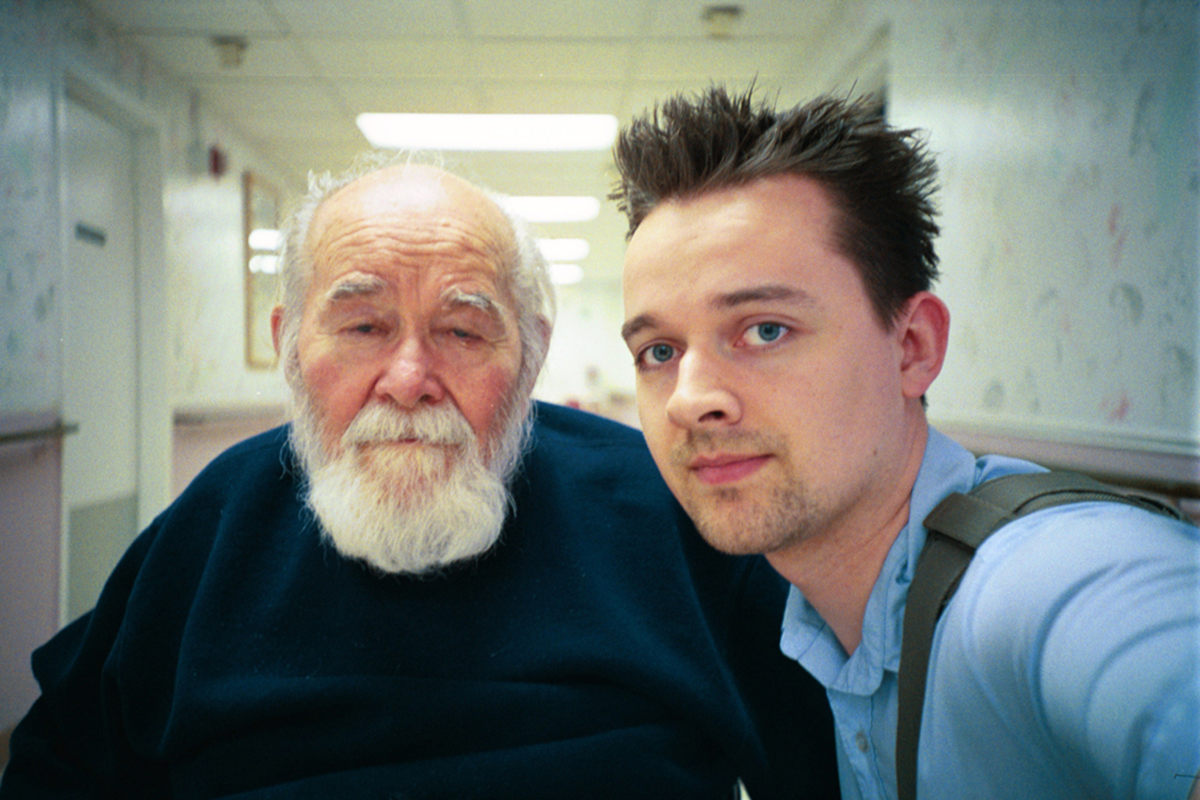Table of Contents
While Alzheimer's is the most common and most talked about form of dementia, there are many more. This article takes a closer look at semantic dementia, a form of dementia that initially targets language skills.
Managing FTD, Including Semantic Dementia
There is, unfortunately, no cure for FTD at the moment. That does not mean that steps that improve a patient's symptoms or delay deterioration don't exist, though. Management plans for patients with semantic dementia can actually be so multifaceted that relatives may find them hard to navigate. A combination of speech therapy, medication, lifestyle changes (externally imposed), and support for the support people may be recommended.

Lifestyle changes may include assisted living for the affected person, limiting their access to credit cards, controlling the amount of food available when compulsive eating becomes an issue, and setting up a routine the person find comforting. When people with semantic dementia participate in society, it can be helpful for them to carry a card detailing their diagnosis in case something happens.
Medications that can be of help include selective serotonin reuptake inhibitors or SSRIs, which are commonly used as antidepressants. SSRIs can limit the extent of behavioral changes patients with PFD go through.
Neuroleptic drugs can also be helpful for managing the behavioral aspects seen in late-stage semantic dementia. These drugs can include:
- Haloperidol
- Olanzapine (Zyprexa)
- Risperidone (Risperdal)
- Quetiapine (Seroquel)
The medications that benefit Alzheimer's patients are not helpful for people with semantic dementia.
Speech therapy can delay some of the linguistic aspects of semantic dementia, helping patients communicate with others effectively for longer.
Since semantic dementia is a progressive disease that cannot currently be cured, it can be truly overwhelming if a relative is diagnosed with this form of dementia. Do not underestimate the role that good "support for the support people" can play.
READ Go For A Daily Run And Lower Your Risk Of Dementia
Depending on where you live, you may have access to all kinds of services, including nurses to help with your loved one's medical needs, caregivers to help with their physical needs (including cleaning and cooking), and organizations that coordinate medical care. It can be helpful for relatives and friends to seek out support groups where they can discuss the difficulties of supporting someone with semantic dementia with others who understand what they are going through, or to attend individual talk therapy sessions to deal with the emotional challenges the deterioration of a loved one inevitably bring.
- Photo courtesy of Vince Alongi via Flickr: www.flickr.com/photos/vincealongi/233836385
- Photo courtesy of Vince Alongi via Flickr: www.flickr.com/photos/vincealongi/233836385
- Photo courtesy of carianoff via Flickr: www.flickr.com/photos/carianoff/3427560049


Your thoughts on this